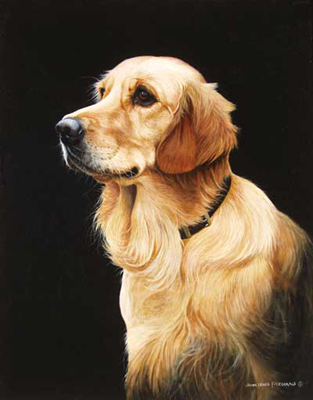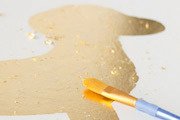Holding a paintbrush and looking at a bunch of paint to dip into can be fun. It’s even more fun when you know what you’re doing. There are three main types of paints: Watercolor, Acrylics, and Oils. These paints all have different methods and have different techniques for you to master. If you do, you might be able to create your own Mona Lisa one day.
Watercolors

Watercolors are cheap so easy to explore. They are thin transparent paints usually painted on paper. The paint is somewhat difficult to use because the paint changes form as it dries. Most children can start finger painting with watercolors because they are easy to wash off your hands and clothes. But even finger painting can be very prestigious as 3-year-old Zach the genius who has over 1 million hits on youtube of him painting a Teenage Mutant Ninja Turtle.
Acrylics

Acrylics are good for beginners. They are easy to work with because they're thicker than watercolor paints. Because they are thick, they are easy to blend with other colors and easy to control when painting them on a canvas. Acrylics dry quickly and turn into plastic, so if you make a mistake it is easy to wait a few minutes for it to dry and then paint right overtop of the mistake. But be careful, and keep the paint wet or it could be tough to use and clean up.
Oils

Oils are the thickest paints and easiest to control. They take days to dry so you can work with the paint for hours to get the images you want. Once applied to a canvas, you can work in other colors easily, change the form and textures, all over long periods of time. If you make a mistake, you can scrape of an entire layer of paint without damaging the layers underneath. The disadvantage of oils is that they are more expensive and more materials are needed to work with them. They are also messy and you cannot use water to clean them up… you need some sort of turpentine.
Painting Potentials

Painting is a great hobby to start when you are young. It is important to learn about the different types of paints if you want to learn the different effects they can produce. If you familiarize yourself with all the different types of potentials of these different paints, you’re going to be able to enjoy painting and your creative boundaries will be limitless.































